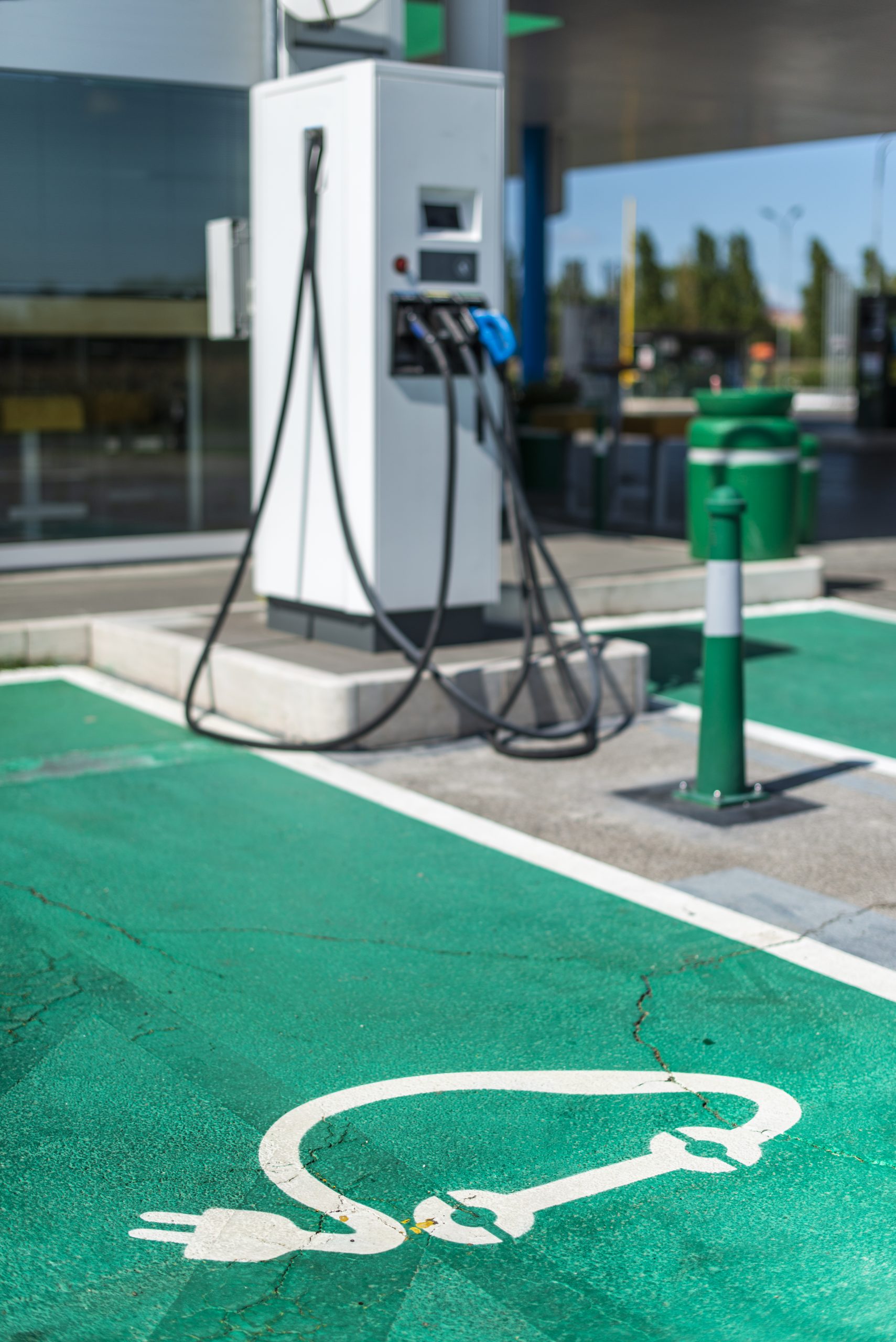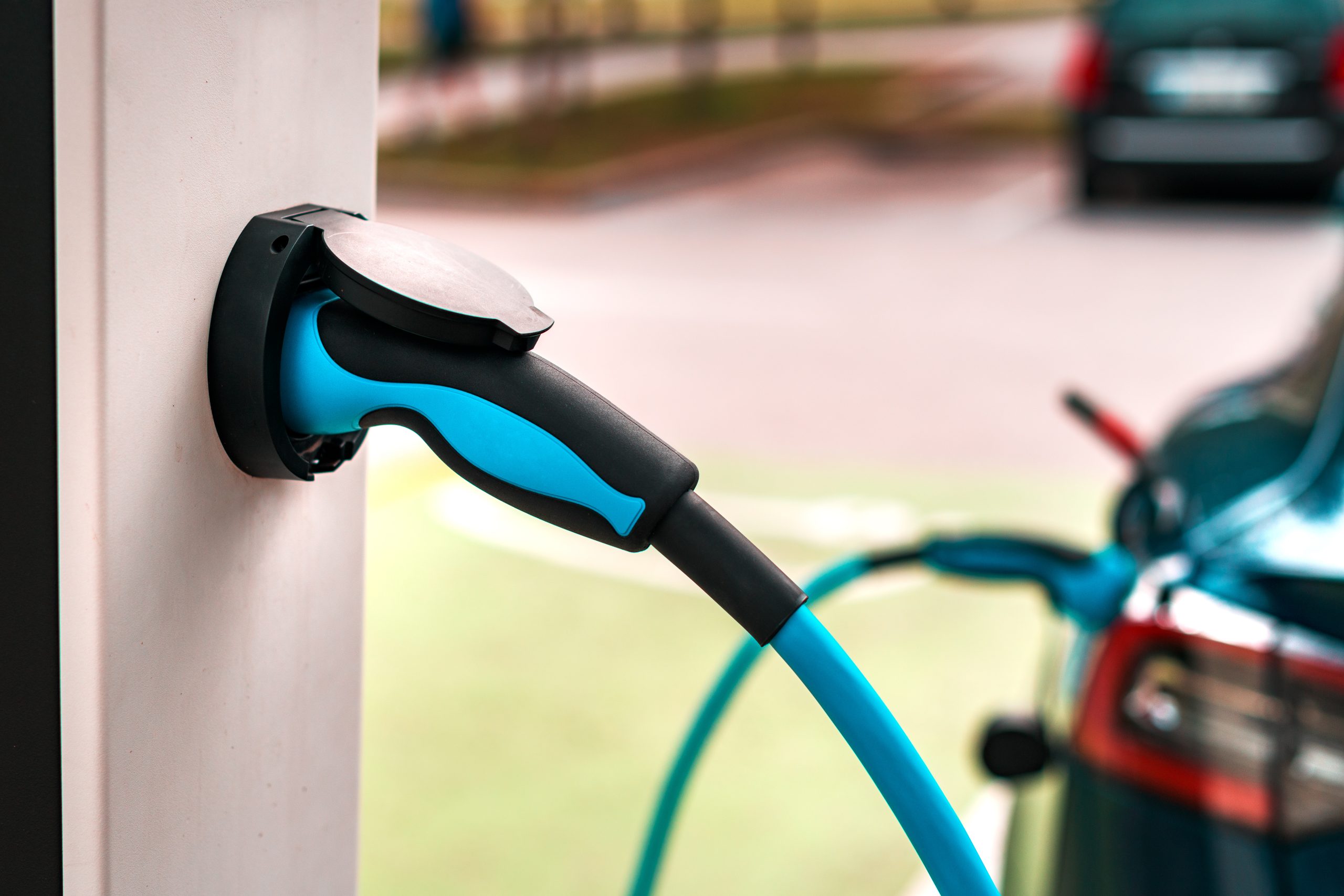Electric cars will transform the UK’s roads by 2025. You’ll see more models, better tech and longer ranges. By 2025, 20% of all new cars sold worldwide will be electric.
The UK is getting ready for this. Car manufacturers are launching new EVs to meet the demand. You’ll have more choice, from city cars to luxury SUVs. Many of these will have better batteries and faster charging.
The Volvo EX60 and Renault 5 are just two of the new models coming soon. These will bring new features and better performance. You’ll also see advances in self-driving tech and in-car entertainment.
UK EV Market Landscape by 2025
The UK’s electric vehicle market will change big time by 2025. New policies, growing consumer demand and more infrastructure will shape the industry.
Government Policies and ZEV Mandate
The UK government is going green with EV policies. By 2025 the Zero Emission Vehicle (ZEV) mandate will be in full effect. By 2025, the Zero Emission Vehicle (ZEV) mandate will be in full effect. This will mean car manufacturers will have to sell a certain percentage of electric cars each year.
The mandate will help increase EV sales and reduce emissions. You’ll see more electric cars on forecourts as a result.
Vehicle Excise Duty (VED) changes may also affect EV ownership costs. The upcoming changes to electric vehicle tax policies in 2025 could be a game changer for taxation of EVs. Watch out for changes in tax benefits for electric cars.
Consumer Trends and Market Growth
EVs are gaining momentum in the UK. Upcoming tax changes will hit electric car owners, increasing the cost of owning an EV. By 2025 you’ll see electric cars making up a bigger chunk of new car sales. This could be 40-50% of the market.
Here’s what’s driving this growth:
- Lower EV prices
- Better battery range
- More models
You’ll have more electric cars to choose from, including affordable and luxury.
Infrastructure and Charging Stations
Charging infrastructure is key to EV success. By 2025 you’ll see a big increase in charging points across the UK.
The government wants 300,000 public chargers by 2030. This means you’ll be able to charge your EV on long journeys or if you don’t have home charging.
Fast and ultra-fast chargers will become more common. These will allow you to top up your battery on short stops.
Private companies are also investing in charging networks. This should mean better services and potentially lower costs for you.
Electric Vehicle Adoption and Sales
The UK is accelerating fast towards electrification with the government aiming to ban new petrol and diesel cars by 2030 and hybrid cars by 2035. This is driving a big surge in electric vehicle adoption with over 200,000 electric cars sold in the UK in 2022.
The UK is not just a consumer of electric vehicles but also a producer. Homegrown manufacturers like Jaguar Land Rover, Nissan and BMW are leading the charge and making the market more diverse and competitive.
Electric cars are proving popular with UK car buyers who want the environmental benefits and lower running costs. The government is also helping with the transition with a range of incentives including the plug-in car grant and exemption from vehicle excise duty. These will make electric car ownership more appealing and affordable.
New EVs in 2025
The electric vehicle market will grow big in 2025. New models will cover all segments from luxury to affordable. You’ll have options across all price points and vehicle types.
Luxury EVs
The luxury EV segment is hotting up with some big new arrivals. From April 2025 a luxury car tax will be introduced for electric vehicles (EVs) over £40,000, adding £410 for 5 years to the running costs of high-end models.
The Alfa Romeo Giulia EV will be a style icon with its Italian design and advanced tech.
Porsche fans will love the all-electric Macan EV, bringing the brand’s sports car DNA to the compact SUV market. It’ll have performance and battery tech to match.
For the ultimate in luxury the Tesla Model S is getting even more range and faster charging. The Lotus Emea will be a supercar with electric efficiency.
Electric SUVs and Crossovers
SUVs and crossovers are popular and the EV market is responding with new options. The Volvo EX60 will be a game-changer with Scandinavian luxury and advanced safety in a family car.
The Polestar 4 will have style and performance in the premium crossover segment. It’ll have range and quick charging.
For something more rugged the Dacia Bigster electric SUV will combine affordability with practicality. It’s for adventurous families who want to go green without the cost.
Affordable and Small Electric Cars
The small EV segment will grow with new models. Some small EVs will have a single electric motor for performance and efficiency. The new Renault 5 is causing a stir with its retro design and modern electric powertrain. You’ll get around 186 miles and a starting price of £25,000.
Several companies are working on affordable city cars. These small EVs will offer zero-emission commuting at a lower price.
You’ll see better batteries in smaller cars, longer ranges and faster charging in this segment.
EV Tech
Electric vehicles will get a lot of upgrades in 2025. New batteries, better hybrid systems and cleaner production methods will change how you drive and charge your car.
Battery Innovation and 800V Architecture
The new electric cars will have better batteries. You’ll see longer ranges and faster charging. Many EVs will have 800V architecture, a big step up from the current 400V.
This higher voltage means quicker charging. You might be able to add 100 miles in 5 minutes. It also means lighter cables and more efficient motors.
Solid state batteries are coming too. These will have even more range and safety. They’re more stable than current lithium-ion batteries and less likely to catch fire.
Plug-In Hybrid Evolution
Plug-in hybrids aren’t going away. They’re getting cleverer. New models will have longer electric only ranges, often over 50 miles.
You’ll see more powerful electric motors in these hybrids. This means you can drive in electric mode at higher speeds. Some will use the petrol engine as a generator like the BMW i3 Rex.
Better software will help these cars switch between electric and petrol power more seamlessly. You might not even notice when the engine kicks in.
Sustainable Production Methods
Car makers are going green. You’ll see more EVs made with renewable energy. Some factories will be carbon neutral.
Recycled materials will be more common in your new electric car. Seats might be made from ocean plastics and body panels from recycled aluminium.
Battery recycling is improving. This means less mining for new materials. Some car makers will reuse old EV batteries for home energy storage.
These changes will reduce the carbon footprint of your EV. The environmental impact of making the car will be much less than it is today.
Electric Vehicle Safety and Security
Safety is top of the agenda in electric vehicle design. Modern EVs come with advanced safety features like automatic emergency braking and lane departure warning systems, for a safer driving experience. Security is also key with many electric vehicles having immobilisers and alarm systems to prevent theft.
The UK government has strict safety standards for electric vehicles covering everything from battery safety to electrical system design. These regulations ensure all electric vehicles on the road meet the highest safety standards. Regular safety testing and certification means these vehicles are safe for consumers.
Some electric vehicle manufacturers are going beyond the minimum requirements, with driver assistance systems and blind spot monitoring. These features not only improve safety but also give electric vehicle drivers peace of mind.
Electric Vehicle Manufacturers
The UK electric vehicle landscape will change a lot by 2025. New entrants, luxury brands will redefine performance and mainstream manufacturers will move to electric models.
New Entrants in the EV Market
Several new brands are entering the UK electric vehicle market. Polestar is making a splash with its stylish designs and tech. The Polestar 4, coming soon, will be a game changer in the premium EV segment.
Cupra, SEAT’s performance brand, is also joining the party. The Cupra Tavascan, an all electric SUV, will hit UK roads in 2025. It will have sporty handling and cutting edge features.
Lotus, famous for its lightweight sports cars, is going electric with the Emea. This electric hypercar will showcase Lotus’s performance engineering expertise.
Performance Redefined: Luxury EV Brands
Luxury car makers are going electric, pushing the boundaries of performance and luxury. The Porsche Macan electric is highly anticipated, combining the brand’s sportiness with zero emissions.
Alfa Romeo is electrifying its range, with the Giulia EV to offer Italian style in an electric body. This stylish saloon will take on the established luxury EVs.
Tesla is still the benchmark for high end EVs. The Model S is the luxury electric saloon, with ongoing updates keeping it current.
Mainstream Manufacturers Go Electric
Traditional car makers are rapidly adding electric to their line up. Jeep is going electric with two new models: the Wagoneer S and the Recon. These rugged EVs will bring Jeep’s off road capability to the electric market.
Dacia, famous for its affordable cars, is developing the Bigster. This electric SUV will make EV ownership more accessible to a wider audience.
VW Group brands, including VW, Audi and Skoda are launching many electric models. They want to offer electric across all segments, from city cars to large SUVs.
Economic and Environmental Impact
Electric vehicles (EVs) will make a big splash in the UK market by 2025. They’ll affect your wallet and the planet in many ways.
Cost of Ownership and Government Incentives
EVs will be cheaper to own in 2025. You’ll save on fuel as electricity is cheaper than petrol. Maintenance costs are lower for EVs with fewer moving parts to wear out.
The government may change the incentives. While the current company car tax for EVs will increase slightly, it will still be much lower than for petrol cars. The Vehicle Excise Duty (VED) for EVs may change but details are unclear. From April 2025 electric car road tax will be introduced and the tax exemption for EVs will end. This will include first year tax rates and additional costs for electric vehicles above a certain price point, impacting the overall cost of EV ownership.
The new Zero Emission Vehicle (ZEV) mandate will force car makers to sell more EVs. This will mean more choice and potentially lower prices for you as a buyer.
Carbon Footprint and Sustainability
Switching to an EV will reduce your carbon footprint. Zero emission vehicles (ZEVs) are becoming more important in reducing the UK’s transport emissions. EVs produce zero tailpipe emissions, improving air quality in cities.
The UK’s electricity grid is getting greener. This means the overall carbon footprint of EVs will get smaller. By 2025 EVs will be a big part of reducing the UK’s transport emissions.
Plug in hybrids will still be around, offering a middle ground. They’ll help reduce emissions for longer journeys where full EVs aren’t practical yet.
Battery recycling is getting better. This will make EVs even more sustainable, reducing the environmental impact of manufacturing.
Used Car Market and ICE Car Sales
The used car market will be turned upside down as electric vehicles become more mainstream and demand for internal combustion engine (ICE) cars falls. With many manufacturers phasing out their ICE models in favour of electric alternatives the used car market is changing fast.
As electric vehicles become cheaper and more mainstream the used car market will be dominated by electric cars. Many buyers are choosing second hand electric vehicles as a cost effective alternative to new models. The UK government is supporting this shift with policies to encourage the adoption of electric vehicles including a ban on new ICE cars by 2030.
Car makers are offering various incentives to get buyers to trade in their ICE cars for electric alternatives. These include discounts and scrappage schemes making the switch to electric vehicles more attractive and cost effective.
Consumer Experience and Ownership
Electric vehicles will change the way you drive and own cars in the UK. The switch to EVs means changes to range, performance, maintenance and lifestyle.
Driving Range and Performance
Electric cars now have impressive range. Many can do over 300 miles on a single charge. You can do long journeys without stopping as much.
Electric SUVs are popular. They combine space with efficiency. You’ll find models that go 0-60mph in under 5 seconds.
Performance is a big selling point. Electric motors provide instant torque. This means quick acceleration and a smooth drive.
Luxury car brands have gone electric. You’ll find high end options with the latest tech and premium features.
Maintenance, Reliability and Resale Value
EVs have fewer moving parts than petrol cars. This means less wear and tear. You’ll spend less time and money on maintenance.
Battery life is a worry. Most EV batteries will last 10-20 years. Many manufacturers offer long battery warranties.
Resale values for EVs are good. As more people go electric demand for used EVs is growing.
Plug in hybrids offer a middle ground. They have electric and petrol power. This can help the transition if you’re not ready for a full EV.
EV Adoption and Lifestyle
Charging your EV will become part of your daily routine. Home charging is a convenience for overnight top ups.
Public charging networks are expanding. You’ll find more charging points at supermarkets, car parks and motorway services.
Your journey planning may change. Apps and in-car systems will help you find charging points along your route.
EVs will save you money. Electricity is cheaper than petrol. You may also get lower taxes and reduced parking fees in some areas.
The quietness of EVs will change the way you drive. This might change your daily commute or long journeys.
Market Projections and Forecasts
The global electric vehicle market is set to boom in the next decade. Analysts predict electric vehicles will make up over 50% of new car sales by 2030. The UK market will follow a similar path with projections showing electric vehicles will make up over 70% of new car sales by 2030.
This rapid growth of electric vehicle adoption will have a big impact on the UK car market. Manufacturers are changing their business models to meet the changing needs of consumers, producing more electric vehicles and less petrol and diesel cars.
The UK government has set bold targets to support this transition, aiming for at least 50% of new car sales to be electric by 2028. With its strong economy and favourable government policies the UK is well placed to be the leading electric vehicle market in Europe. Many believe the UK will become the electric vehicle hub and attract big investment from global manufacturers.
Useful Links
- https://www.independent.co.uk/cars/electric-vehicles/best-new-electric-cars-b2617915.html
- https://www.cinch.co.uk/guides/electric-cars/electric-car-tax-changes
- https://www.v4b.co.uk/news/understanding-car-tax-for-all-vehicles-major-changes-ahead-for-electric-car-owners-for-2025
- https://www.rac.co.uk/drive/electric-cars/running/electric-car-road-tax-guide-do-i-need-to-pay
- https://www.drive-electric.co.uk/press/discover-what-the-future-of-electric-vehicles-looks








